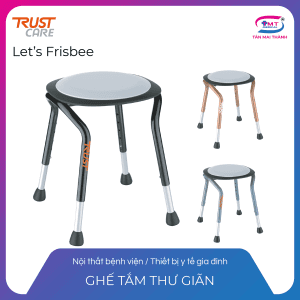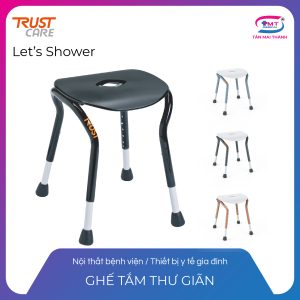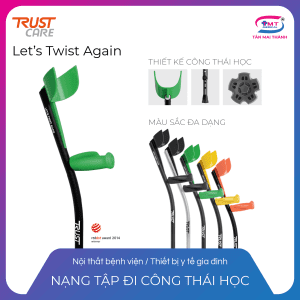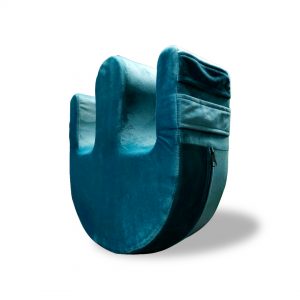Sản phẩm
Hiển thị 1–12 của 349 kết quả
- Thiết bị y tế gia đình
Ghế kê chân phòng tắm Trust Care – Let’s Step
- Thiết bị y tế gia đình
Ghế tắm có đệm xoay Trust Care – Let’s Frisbee
- Thiết bị y tế gia đình
Ghế tắm thư giãn Trust Care – Let’s Shower
- Thiết bị y tế gia đình
Ghế tắm thư giãn Trust Care – Let’s Sing
- Thiết bị y tế gia đình
Ghế tắm thư giãn Trust Care – Let’s Enjoy
- Thiết bị y tế gia đình
Nạng tập đi công thái học Trust Care – Let’s Twist Again
- Thiết bị vật lý trị liệu Hàn Quốc
Máy trị liệu dòng giao thoa STI-500 ProMed III , double (Stratek – Hàn Quốc)
- Giường bệnh nhân
Gối hỗ trợ xoay, lật người bệnh AOLIKE ALK-FSQ01
- Thiết bị phục hồi chức năng
Máy điện trị liệu kết hợp siêu âm trị liệu JOHARI WinStim
- Thiết bị phục hồi chức năng
Máy trị liệu đa năng JOHARI WellStim
- Thiết bị phục hồi chức năng
Máy điện trị liệu JOHARI Stimtec 2 dùng tại nhà
- Thiết bị phục hồi chức năng
Máy sóng ngắn điều trị JOHARI SSD-500












